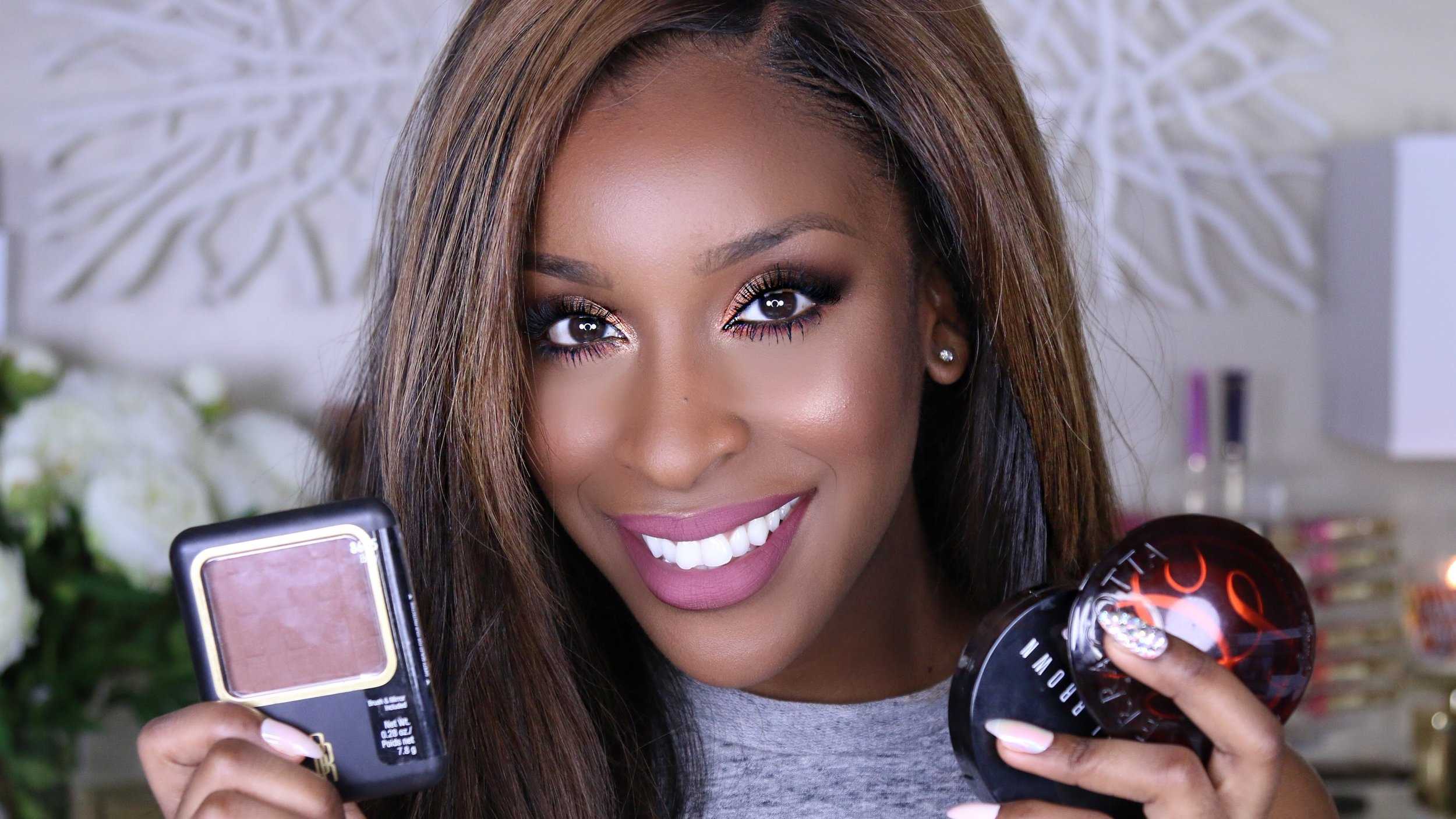Columnist Kitana Gachero
Chances are you or someone you know religiously watches YouTube videos from their favorite “gurus.” Mostly likely, if you’re going to invest in any beauty products then you’ll probably head to your favorite guru’s channel for more insight.
Given YouTube’s skyrocketing popularity, it has become a magnet for companies and beauty brands to partner with YouTube influencers as a way to market their products. But when does this become problematic?
Recently, controversy has stirred around the fact that YouTubers are not transparent with their viewers about whether or not the products they showcase are sponsored by big brands.
Ultimately, beauty gurus should identify in their videos if their content is sponsored, or if they are brand ambassadors for certain products.
More than ever, the millennial demographic is engaged with YouTube more than television. According to Tubular Insights, 59 percent of millennials 13-24 are following YouTube stars as opposed to a meager 32 percent following TV/Movies stars. Given this, young people passionately rely on YouTubers as influencers when it comes to purchasing products. Furthermore, a study from Variety magazine showed how six out of ten influencers for millennials were YouTube stars.
A platform that has been pinpointed as a resource for YouTubers to generate revenue is a website called FameBit. FameBit is a website exclusive to influencers with at least 5000 followers/subscribers, where YouTubers can directly partner with brands in order to spotlight their product in exchange for money or free product. Besides FameBit, YouTubers can become affiliates or brand ambassadors of a product which essentially allow them to get paid a commission whenever someone purchases a certain product with their promo code.
After understanding how much beauty gurus make from partnering with brands, it can be deceiving to their subscribers when they rave about a product because they were paid to do so. It becomes ambiguous to subscribers whether the guru actually likes a product or if they are compensated for it. Even more problematic is some gurus use clickbait titles for their videos in order to gain more viewers, only to find out the video is one big ad.
One YouTuber who is an absolute trailblazer in the beauty community is Jackie Aina. With over 1.3 million subscribers and 79 million overall video views as reported by the Social Blade, it’s safe to say she is definitely a Youtube heavyweight. Aina, and several other gurus on Youtube, prides herself on being completely honest with her viewers on which of her content is sponsored and what brands she is affiliated with.
Youtuber Jackie Aina // youtube.com
Recently Aina made a video called “The truth about sponsored video/coupon codes?” where she thoroughly detailed what brand she was affiliated with and what products she gets paid to promote. This is a model all beauty gurus should follow in order to increase transparency with their subscribers.
When beauty gurus aren’t honest it leads to a lack of trust among their viewers; viewers who specifically seek out Youtube in order to uncover and honest opinion about certain products.
According to Tubular Insights, are 63 percent more likely to try a product from a YouTuber because it’s someone they trust, whereas only 43 percent try a product from a TV/ movie star.
Given the trust put forth by so many subscribers, it’s vital that Youtubers are completely honest when it comes to reviewing products. A direct solution to this is to simply identify in the description box of the video, or verbally identify in the beginning of the video whether or not the content is sponsored.
When Youtubers are not honest it dilutes the quality of their videos and ultimately contributes to an unenjoyable viewer experience.





































